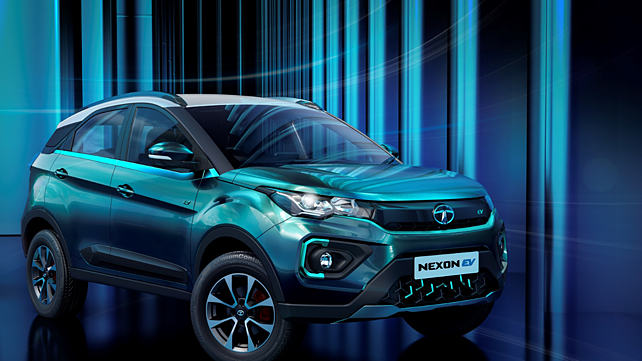
India’s largest electric car manufacturer, Tata Motors is seeing robust demand for its electric version of its sub-compact SUV Nexon. The company recorded the highest ever quarterly sales of Nexon EV at 1,715 units in Q1 FY22. It sold a total of 53,800 cars in the quarter ended on June 30, 2021.
In fact, for the first time, the carmaker is seeing demand for Nexon EV equivalent to its diesel variant in some largest car markets such as Maharashtra and Gujarat.
In the earnings call, P Balaji, CFO, Tata Motors, told reporters, 'If we talk about the July bookings, Nexona EV is now at par with diesel versions of the SUV.'
He added, the demand for Tata Nexon has been strong in the last two years. The contribution of Nexon EV is rising consistently in the portfolio. Presently, the share has risen to 3% in Q1 FY22 from 0.2% share two years ago. “We are expecting the sales of Nexon EV to account for 5% of the total passenger vehicle sales in the near term,” he said.
Industry experts said in some states such as Maharashtra and Delhi, the delta between Nexon EV and Nexon diesel is negligible due to the FAME II scheme and state government incentives. Also, the rising diesel prices is another factor along with the low cost of operation of EVs pushing consumers to opt for electric variants.
Buoyant by demand for Nexon EV, the company in its annual report stated that it will launch as many as 10 electric vehicles by 2025 along with major investments in charging infrastructure.
While responding to a query on government policies, Balaji stated that the company expects the government to stick to the current policies which promote local manufacturing of electric vehicles under the FAME scheme.
Tata Motors eyes electric SCV market
After establishing itself as a leading electric vehicle manufacturer in the four-wheeler segment, the company is now eyeing to enter the small commercial vehicle segment seeing the rising demand from e-commerce players.
In a response to Mobility Outlook’s query, Balaji said, 'There are a lot of two and three-wheeler start-ups working in the e-commerce segment. We are studying the various use cases in the segment.'
'For this, we are currently working with e-commerce companies for electric SCVs and at the appropriate time, we will launch the right products. From a TCO and investment perspective, it will be competitive in the market,' he added.